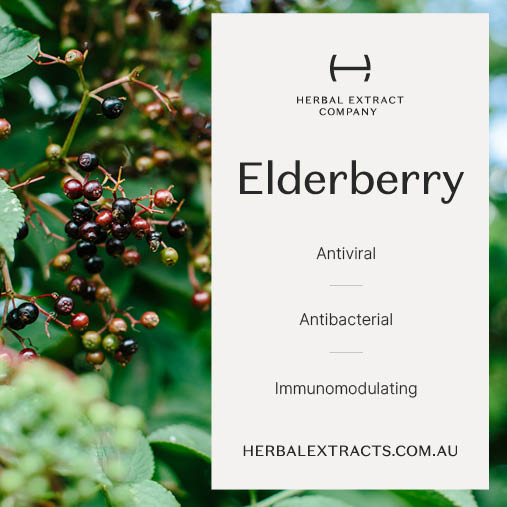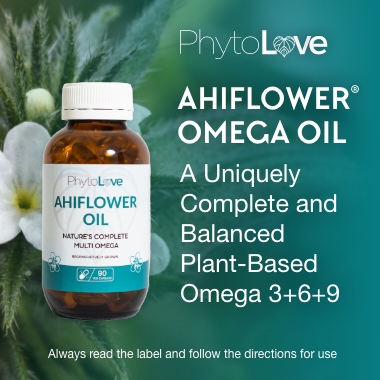Volume 34 Issue 1
Editorial
Susan Arentz
For referencing Arentz S. Editorial. The Australian Journal of Herbal and Naturopathic Medicine 2022;34(1):8-9
DOI https://doi.org/10.33235/ajhnm.34.1.8-9
Welcome 2022, Chinese New Year of the Tiger. This year will see the presentation of the Health technology assessment (naturopathy) (HTA) to the Australian government, a significant event that will underpin the definition and role of naturopaths in current healthcare systems. In the President’s message, David Casteleijn elaborates on the impact and promise of this important publication. Amongst other things, the HTA will support the government’s information about naturopathy, and it will encourage health departments to go beyond the limited acknowledgement of naturopaths we have observed in the pandemic as being included as mandatory vaccination of healthcare workers1. Hopefully the new year will pave the way for recognition and opportunity of our growing professions.
Along with the HTA, the AJHNM also contributes to improved standing of naturopathy and herbal medicine as expert professions. The HTA describes the AJHNM as the third most frequent publication disseminating naturopathic knowledge; with this in mind, it is timely to report on the inroads and direction of AJHNM, the scientific journal of the NHAA dedicated to Australian naturopathy and herbal medicine.
Aside from publishing the abstracts of the National Symposium of Herbal and Naturopathic Medicine, over 2020–21 the AJHNM continued to receive an increased number of original research submissions. For the first time, we have an ongoing pool of articles that have been accepted following peer review which are ready for publication in subsequent issues. In 2021, three invited articles were published ensuring topical issues that directly affect the naturopathic and herbal medicine clinical practice were covered. Three authors participated in the MACA mentoring program in 2021, developing their manuscripts with one-on-one support. Peer review of all articles was performed by the editorial board, which was expanded to include 15 university-based academics. Their expert recommendations improved the scientific writing of authors, and the transparency of content published in the AJHNM. All of this reflects engagement of naturopaths and herbalists with research and evidence-based practice, and authors openness to transparent feedback as a natural part of the peer review process.
The international scope of the journal has also continued to increase. In 2021 authors from six countries were represented. Although the highest publication rate continued for articles by Australian authors, published articles were by Fijian, Hong Kong, Iranian, Moroccan, and New Zealand based authors. Comparatively, in 2019, no articles submitted by international authors were published.
To support the global impact of naturopathic and herbal medicine, we aim to index the AJHNM on the MEDLINE database. In 2021, it was appraised by the National Library of Medicine (NLM) Technical Review Committee (LSTRC) against five criteria (scope and coverage, editorial policies and processes, scientific rigour of article content, production and administration and impact). All domains were assessed as fair to good and the reviewers recommended that we reapply following specific improvements. Many of the suggested improvements have been addressed, including increased publication of original research, less solicited commentary, and a more professional diversity of the editorial board. We continue to work towards increased visibility of consent, and authors’ declarations of interests. Although work remains, the improvements thus far have contributed to raising the AJHNM’s impact ranking. The pharmacology (nursing) category of the Scopus database (Elsevier B.V.) reports the AJHNM as being ranked in the Q2 category, up by two quartiles from Q4 in 2019. Thank you for interest in the AJHNM and for your work and contributions; it really does enrich the journal and contribute to the intellectual rigour of naturopathy and herbal medicine.
This issue includes three articles as well as a celebration of 60 years of the Southern School of Natural Therapies. With over 1000 students currently enrolled, and with such a long history, the institution is the backbone of the profession. Not only does it continue to flourish, but the founders, the Jacka family, continue to fund the lion’s share of naturopathic research and development. It is a pleasure to publish the 60-year celebration. I hope you enjoy.
This issue includes an overview of evidence for medicinal mushrooms as adjunct therapy in women with breast cancer. The article compiles the pre-clinical and clinical research and guides the direction of further research. Ganoderma lucidum was used to boost immunity and reduce cancer-related fatigue.
Also included is a clinical trial comparing inhalation of essential oils (rose) against Metoclopramide for depression and anxiety in pregnant women with nausea and vomiting. There is a gap in the clinical management of these women as unwanted side effects of Metoclopramide, including sleepiness, fatigue and restlessness, are common. Pregnant women prefer natural types of treatment approaches.
Also included a laboratory-based investigation into the efficacy of essential oils on growth and biofilm formation of Candida albicans. Essential oils included Matricaria chamomilla, Urtica dioca, Trigonella foenum-graecum and the honeybee product propolis oil as well as other traditional Jordanian herbal medicines including Nigela sativa. The study presents a strong case for subsequent clinical investigation into using essential oils as treatment for complicated Candida infections in humans.
Dr Wendy McLean has again put together the MedJourn and MedHerb sections summarising the recently published evidence for herbal medicines and naturopathic treatments. Please find the continuing professional development questions at the end of this issue.
Author(s)
Susan Arentz PhD, BHSc(Hons)
Editor, Australian Journal of Herbal and Naturopathic Medicine
PO Box 696, Ashfield, NSW 2131, Australia
Email editor.ajhnm@nhaa.org.au
References
- NSW Health. Vaccination order extended to primary care and private sector health service providers. Available from: www.health.nsw.gov.au/news/Pages/20211216_01.aspx2022.
As we go to publication, sad news of Judy Jacka passing away has been posted by the Jacka Foundation. Judy is the founder of the Jacka Foundation and a long standing, committed stalwart and advocate of education and research in natural therapies. We take the opportunity to acknowledge Judy’s incredible foresight and her generous philanthropic activities and organisation that has provided many opportunities and made an enormous contribution to the advancement of naturopathy and herbal medicine. https://www.jackafoundation.org.au/images/Announcement_of_Judys_Passing.pdf






